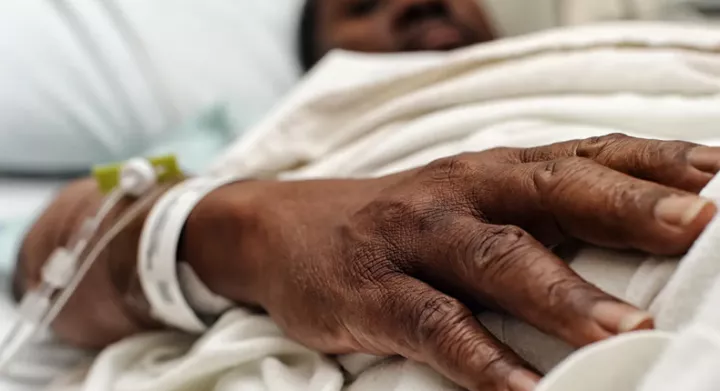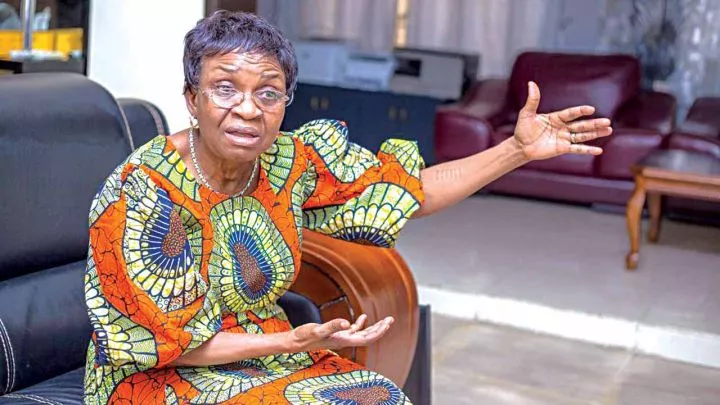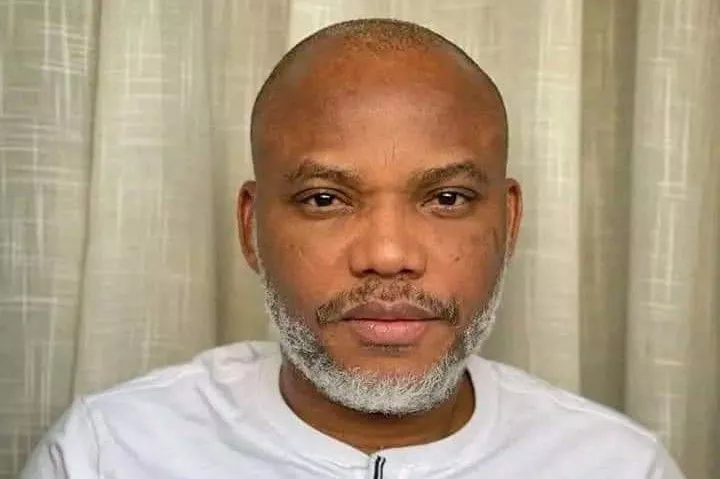
Death, the great unknown, has long been a topic of fascination and fear for humanity. While we can comprehend the concept of mortality, the experience of dying itself remains a mystery. But have you ever stopped to consider, when we die, do we know we are dead?
The question may seem paradoxical, as death is often defined as the cessation of consciousness and awareness. However, this inquiry delves into the nature of consciousness, the mind-body problem, and the human experience of death.
To explore this idea, let's examine the different stages of death. Clinically, death is declared when the body's vital functions, such as heartbeat, breathing, and brain activity, cease. However, the process of dying can be a gradual one, with the body's systems shutting down incrementally.
In the moments leading up to death, the dying person may experience a range of sensations, from pain and discomfort to feelings of peace and acceptance. But do they know they are dying? In many cases, the answer is no.

NDE patients often describe feelings of detachment, floating above their body, and experiencing a sense of peace and tranquility.
Studies have shown that the majority of people who have been resuscitated from near-death experiences (NDEs) report no awareness of being dead or dying. Instead, they often describe feelings of detachment, floating above their body, and experiencing a sense of peace and tranquility.
One possible explanation for this phenomenon is the concept of consciousness as a product of brain activity. When the brain's neural networks begin to shut down, consciousness may persist for a short time, creating a sense of continuity and awareness, even in the face of clinical death.
Another theory is the idea of a "mind-body lag," where the mind continues to function for a brief period after the body has died. This could account for reports of NDEs, where individuals describe experiencing events and emotions after their physical body has ceased to function.
But what about the moment of death itself? Do we know we are dead in that instant? The answer, again, is likely no. Death is a process, not an event, and the transition from life to death is a gradual one.
In the moments immediately following death, the brain's neural networks are still active, albeit in a diminished capacity. This could lead to a sense of disorientation and confusion, rather than a clear awareness of one's own demise.
In conclusion, when we die, we do not know we are dead. The experience of death is a complex and multifaceted one, influenced by factors such as consciousness, brain activity, and the mind-body problem. While we can comprehend the concept of mortality, the experience of dying itself remains a mystery, and one that each of us will eventually face.
The question "When we die, do we know we are dead?" may seem paradoxical, but it highlights the intricate and enigmatic nature of death and consciousness.
As we continue to explore and understand the human experience of mortality, we may uncover new insights into the mysteries of death and the nature of consciousness itself.

















Comments